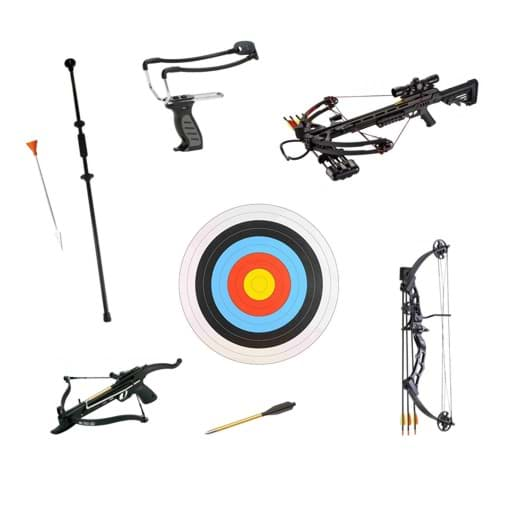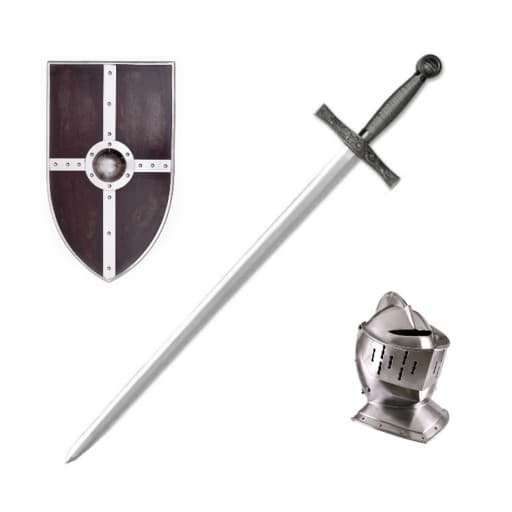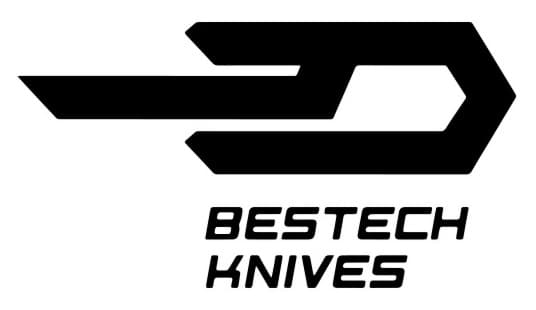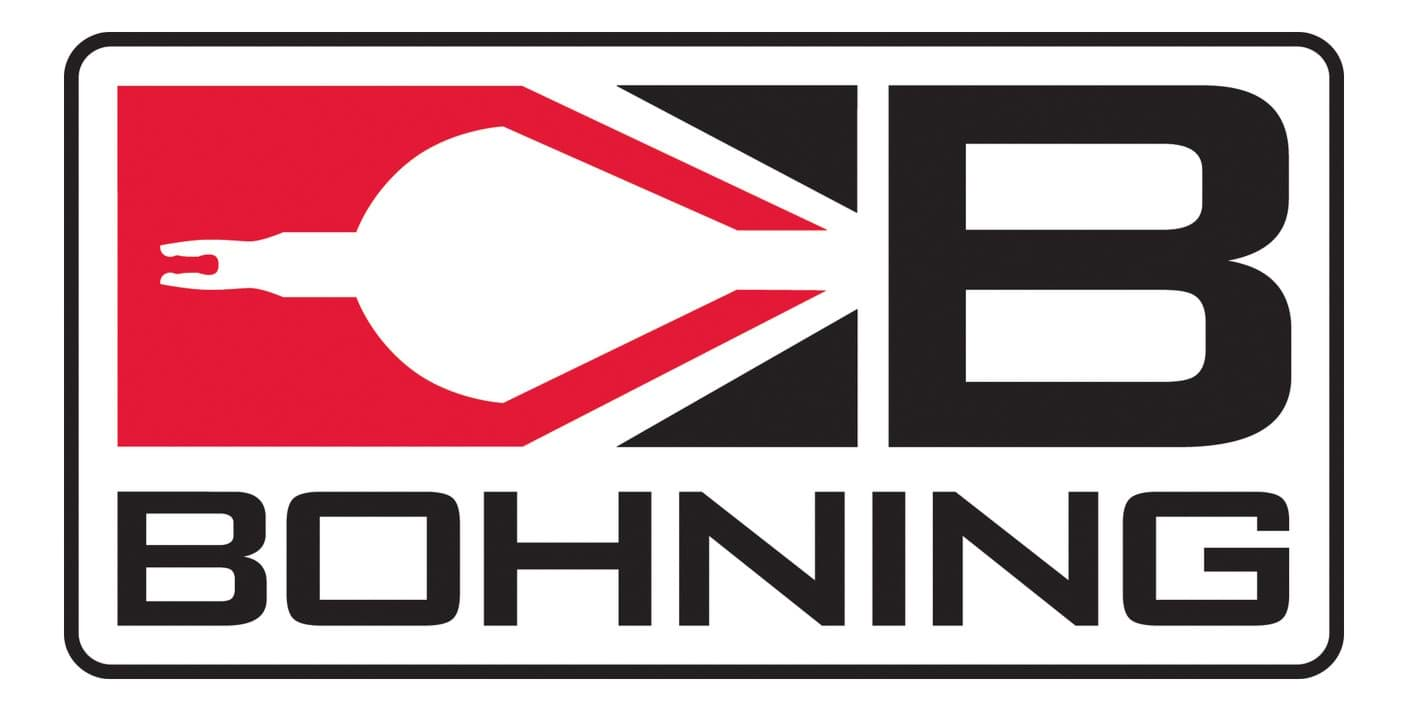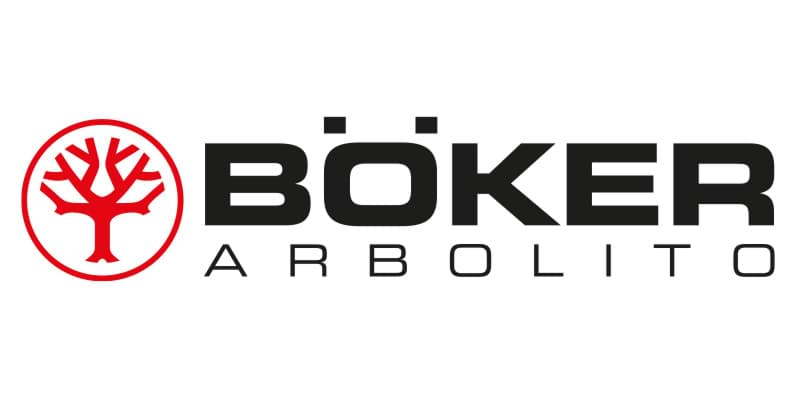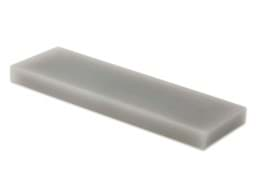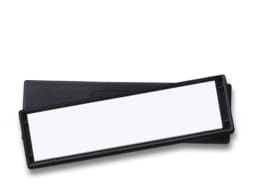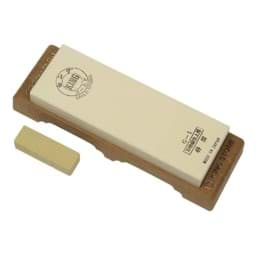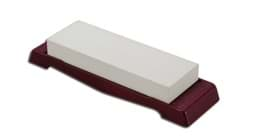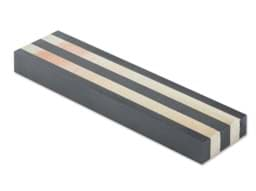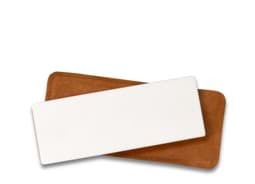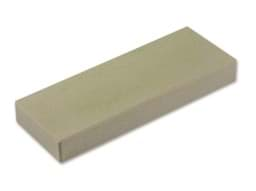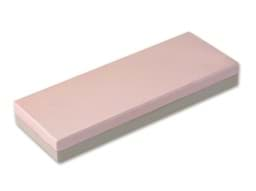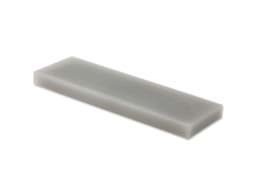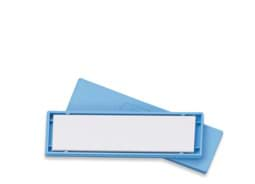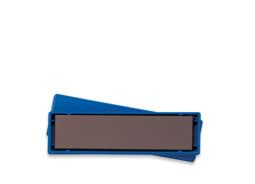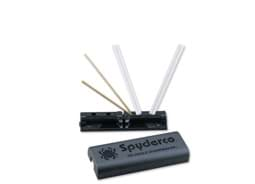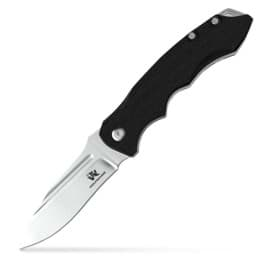Grinding Stones
1-12 of 121
RH Preyda - Bench Stone Translucent Arkansas 10"
RH Preyda Bench Stone Translucent Arkansas 10" ► High-quality Arkansas oilstone ✓ Corresponds to grain size 8000 to 10.000'' ✓ "buy now in Switzerland!"
* Prices incl. VAT, plus shipping
Spyderco - Ceramic Honing Stone Ultra-Fine
Ultra-fine grain sharpening stone made of extremely hard aluminum ceramic material with polymer coating. The ceramic medium sharpening stone by Spyderco
* Prices incl. VAT, plus shipping
Haller - Japanese Whetstone 8000
Haller Japanese Sharpening Stone 8000 ► Japanese water stone ✓ Grain 8000 ✓ "buy now in Switzerland!"
* Prices incl. VAT, plus shipping
Tojiro - Japanese Water Stone 8000
Tojiro's Japanese waterstone with 8000 grit is designed for ultra-fine sharpening and is suitable for very high demands
* Prices incl. VAT, plus shipping
RH Preyda - 5 Layer Vulcan Stone 6"
RH Preyda 5 Layer Vulcan Stone 6 ► High-quality Arkansas oilstone ✓ Combination of Soft Arkansas and Hard Black Arkansas ✓ "buy in Switzerland!"
* Prices incl. VAT, plus shipping
Spyderco - Ultrafine Honing Stone
Ultra-fine-grained, extremely thin ceramic sharpening stone with suede cover. The ceramic medium sharpening stone by Spyderco
* Prices incl. VAT, plus shipping
RH Preyda - Waterstone 3000
RH Preyda Water Stone 3000 ► High-quality sharpening stones ✓ ✓ "buy now in Switzerland!"
* Prices incl. VAT, plus shipping
RH Preyda - Waterstone 1000/6000
RH Preyda Waterstone 6000000/6000 ► Arkansas Waterstone ✓ highly effective ✓ long lifespan ✓ with natural novaculite ✓ "buy in Switzerland!"
* Prices incl. VAT, plus shipping
RH Preyda - Bench Stone Translucent Arkansas 6"
RH Preyda Bench Stone Translucent Arkansas 6" ► High-quality Arkansas oilstone ✓ Corresponds to grain size 8000 to 10.000'' ✓ "buy now in Switzerland!"
* Prices incl. VAT, plus shipping
Spyderco - Ceramic Honing Stone Fine
Fine-grained sharpening stone made of extremely hard aluminum ceramic material with polymer coating. The Spyderco Ceramic Fine Sharpening Stone
* Prices incl. VAT, plus shipping
Spyderco - Ceramic Sharpening Stone Medium
Medium-grit sharpening stone made of extremely hard aluminum ceramic material with polymer coating. The ceramic medium sharpening stone by Spyderco
* Prices incl. VAT, plus shipping
Spyderco - Tri Angle Sharpening System
Highly efficient and easy-to-use sharpening system with 3 grits. The famous Tri-Angle Sharpmaker system by Spyderco
* Prices incl. VAT, plus shipping
Recently viewed products
Work Sharp - BG Attachment Belt Kit P120
CHF 18.70 *
Niedrigster:
CHF 22.00 *
Odenwolf - FEROX Black Satin
CHF 65.00 *
CRKT - Micro Tool & Keychain Sharpener
CHF 28.00 *
CRKT - Drifter
CHF 55.00 *
CRKT - Parascale
CHF 165.00 *
CRKT - M40-03 Spear Point
CHF 165.00 *

